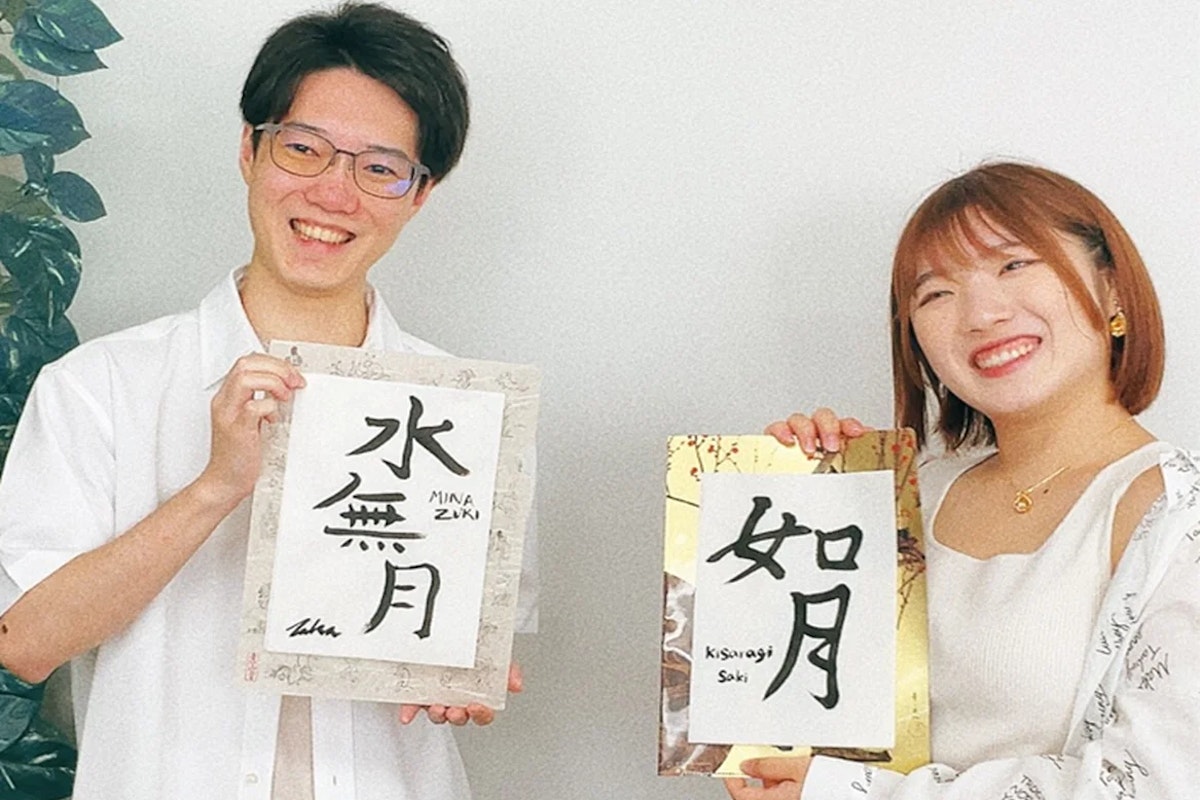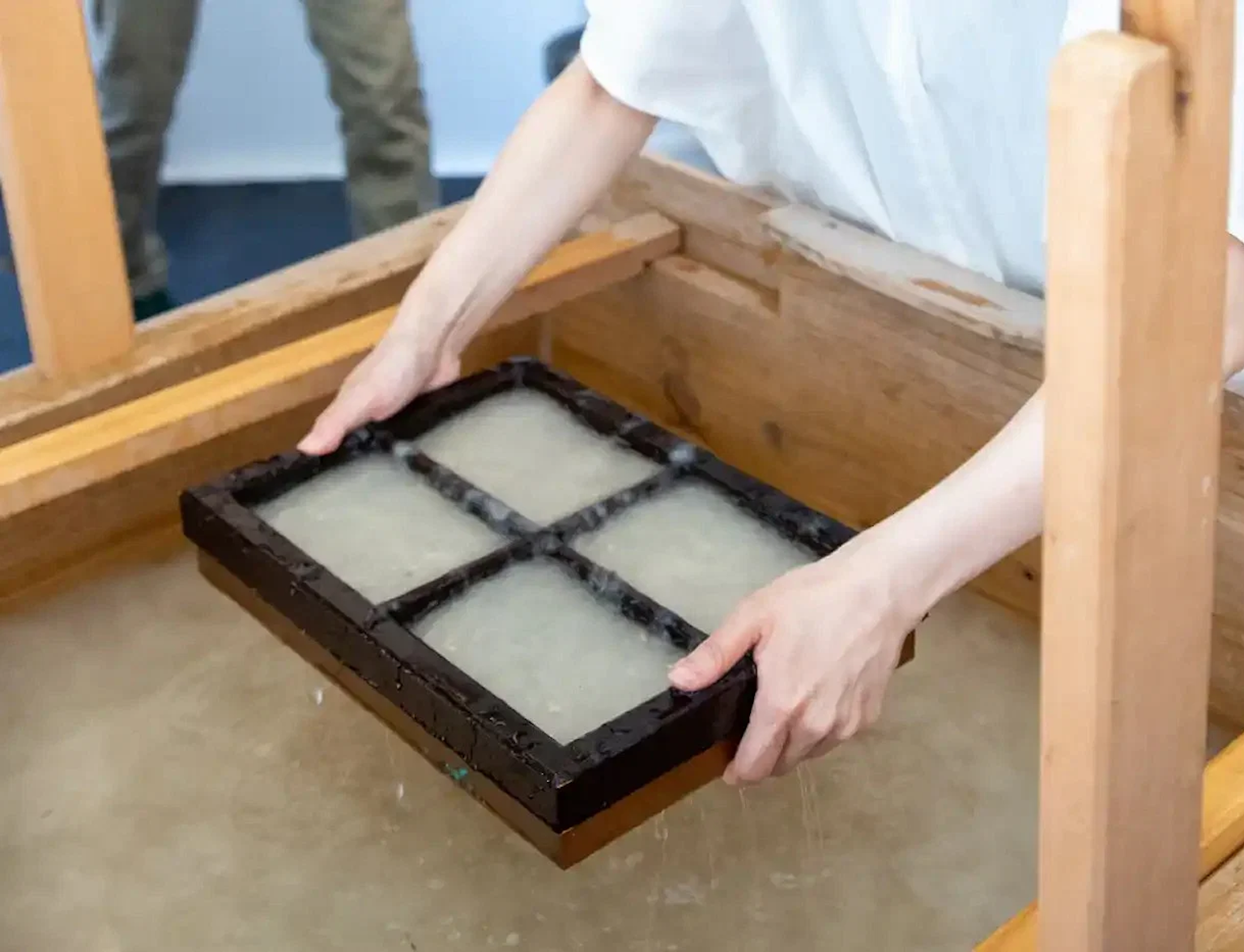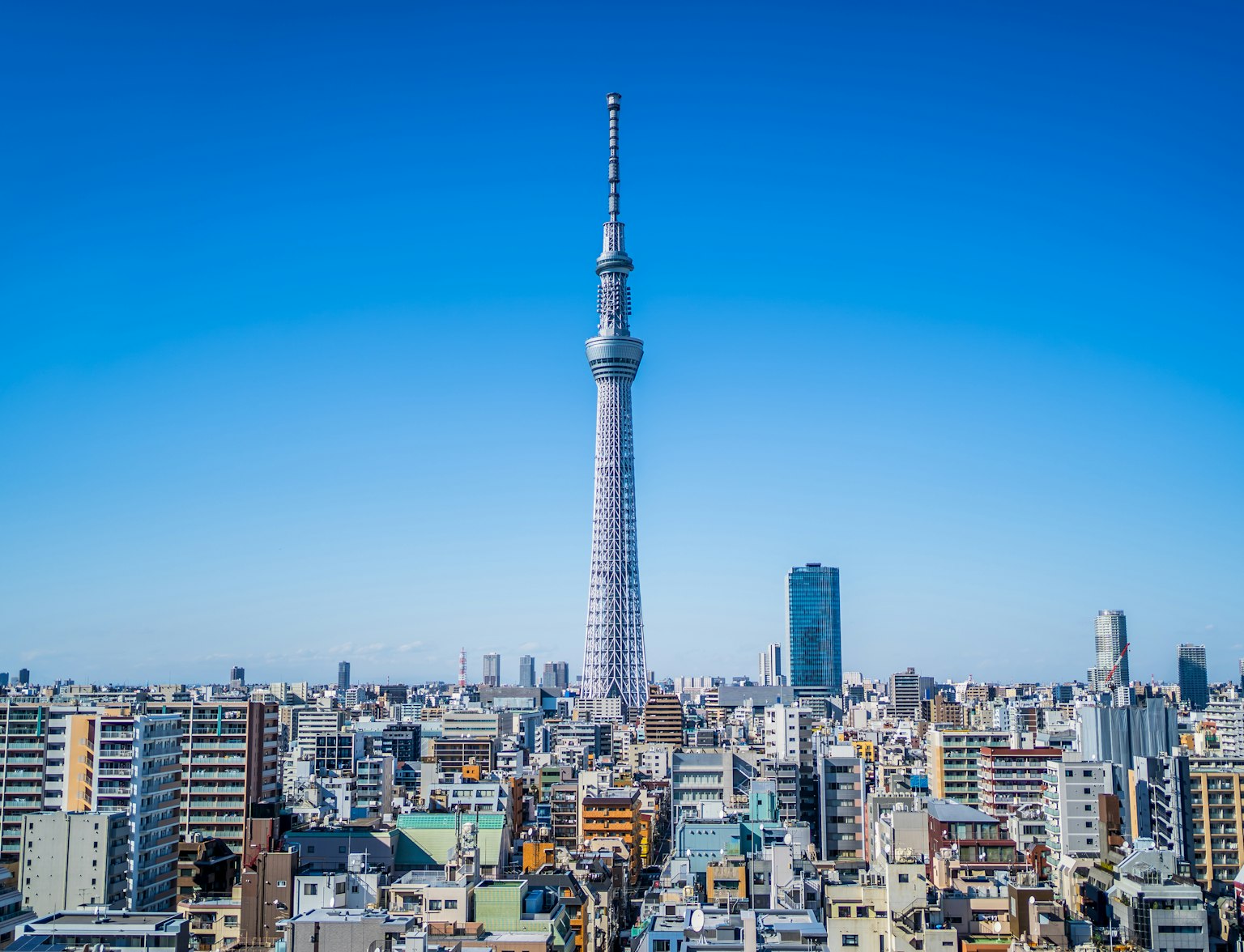Speak Like a Local: 20 Must-Know Common Japanese Phrases for Tourists


Traveling to Japan can be an exciting and enriching experience, but navigating the country without knowing the language can be a bit challenging. While many Japanese people understand basic English, learning some common Japanese phrases can greatly enhance your trip, making interactions smoother and showing respect for the local culture.
In this guide, we'll introduce you to 20 essential Japanese phrases for tourists, helping you speak like a local and make your journey more enjoyable.
20 Must-Know Japanese Phrases for Tourists

Here are 20 essential Japanese phrases that will come in handy during your trip to Japan.
1. Konnichiwa (こんにちは) – Hello
A simple and widely used greeting, "Konnichiwa" is appropriate for most daytime interactions. Whether you're entering a store or greeting someone on the street, this phrase will help you start conversations politely.
2. Arigatou gozaimasu (ありがとう ございます) – Thank you
Expressing gratitude is important in Japanese culture. Use "Arigatou gozaimasu" to say thank you politely. For a more casual tone, simply say "Arigatou."
3. Sumimasen (すみません) – Excuse me / I'm sorry
"Sumimasen" is a versatile phrase used to get someone's attention, apologize, or pass through crowded areas politely.
4. Onegaishimasu (お願いします) – Please
When asking for help or ordering something, "Onegaishimasu" is a polite way to make a request.
5. Eigo o hanasemasu ka? (英語を話せますか?) – Do you speak English?
If you're unsure about someone's English proficiency, this phrase will help you find someone who can assist you in English.
6. Ikura desu ka? (いくらですか?) – How much is this?
Perfect for shopping, "Ikura desu ka?" will help you inquire about prices while browsing in stores and markets.
7. Doko desu ka? (どこですか?) – Where is it?
Use this phrase when asking for directions to places such as restrooms, train stations, or attractions.

Explore the art of Japanese paper-making in an immersive washi tour. Craft unique creations, delve into rich history, and experience tradition firsthand!
8. Oishii (おいしい) – Delicious
Complimenting food is a great way to show appreciation to restaurant staff. "Oishii" is a commonly used phrase to express that something tastes delicious.
9. Menyuu o kudasai (メニューをください) – Can I have the menu, please?
A useful phrase for ordering food in Japanese restaurants when you need to see the menu.
10. Okaikei onegaishimasu (お会計い お願いします) – Check, please
When you're ready to pay the bill at a restaurant, use this polite phrase to request the check.
11. Toire wa doko desu ka? (トイレはどこですか?) – Where is the restroom?
Knowing how to ask for a restroom is crucial, especially when traveling in unfamiliar areas.
12. Chotto matte kudasai (ちょっと待ってください) – Please wait a moment
When you need a little time, "Chotto matte kudasai" is a polite way to ask someone to wait.
13. Wakarimasen (わかりません) – I don't understand
If you're having trouble understanding something, "Wakarimasen" is a simple way to let others know.

Experience Tokyo from its highest vantage point! Secure your Tokyo Skytree priority ticket today, bypass the wait, and get swept away by 360° views.
14. Nihongo o benkyou shiteimasu (日本語を勉強しています) – I am studying Japanese
Locals will appreciate your effort if you mention that you're learning the language.
15. Tasukete kudasai (たすけてください) – Please help me
In case of emergencies or when you're in need of assistance, this phrase can be very useful.
16. Daijoubu desu (大丈夫です) – It's okay / I'm fine
When someone offers help and you want to decline politely, "Daijoubu desu" is a handy phrase.
17. Hayaku (はやく) – Hurry up
If you're in a rush and need to move quickly, "Hayaku" will help you communicate urgency.
18. Yoroshiku onegaishimasu (よろしく お願いします) – Nice to meet you / Please take care of me
This phrase is often used when meeting someone for the first time or asking for someone's cooperation.
19. Shashin o totte mo ii desu ka? (写真を撮ってもいいですか?) – Can I take a photo?
Before taking photos, especially in cultural sites or restaurants, it's polite to ask permission.
20. Gochisousama deshita (ごちそうさまでした) – Thank you for the meal
After finishing your meal, say "Gochisousama deshita" to show gratitude to the chef and staff.

Join our Tokyo Sumo Tournament Tour for a thrilling 3.5-hour experience.
Bonus Tips for Learning Japanese Phrases
Practice pronunciation to sound more natural and confident.
Use hand gestures when speaking to reinforce your message.
Download a translation app for quick assistance.
Listen to native speakers to improve your listening skills.
Carry a phrasebook for reference when you're offline.
Practical Application
Using these essential Japanese phrases will help you manage daily interactions more effectively during your trip. From ordering meals to asking for directions, these expressions will make your experience smoother and more engaging.
Start incorporating these phrases into your travel preparations to navigate Japan with confidence and show your respect for the local culture.



